
4 Warning Signs Your Liver Is in Trouble: Even Just One Means You Should See a Doctor ASAP
The liver is one of the most vital organs in the human body, responsible for over 500 essential functions. It filters toxins from the blood, aids in digestion, stores nutrients, and supports immune health. Despite its importance, liver problems often go unnoticed in the early stages because symptoms can be subtle or mistaken for other common issues. However, when your liver starts to show warning signs, it’s crucial not to ignore them. Even if you experience just one of the four symptoms below, it may indicate that your liver is in distress—and seeing a doctor early could make all the difference.
1. Persistent Fatigue and Weakness
Feeling tired now and then is normal, but if you're constantly fatigued no matter how much rest you get, your liver could be struggling. When the liver isn’t functioning properly, it can’t efficiently remove toxins from the body. This leads to a buildup of waste in the bloodstream, making you feel sluggish, drained, and mentally foggy. Chronic fatigue is one of the earliest signs of liver dysfunction, yet many people overlook it or attribute it to stress or aging.
2. Yellowing of the Skin or Eyes (Jaundice)
Jaundice is one of the clearest signs that something is wrong with your liver. It occurs when there is a buildup of bilirubin, a yellow pigment formed by the breakdown of red blood cells. A healthy liver processes and removes bilirubin, but when it’s damaged or inflamed, bilirubin accumulates in the blood. This causes the skin and the whites of the eyes to take on a yellowish hue. If you notice even mild yellowing, it’s time to seek medical attention immediately.
3. Abdominal Pain or Swelling
Discomfort or swelling in the upper right side of your abdomen—the area where the liver is located—could signal inflammation, infection, or even liver enlargement. Some people also experience bloating or a feeling of heaviness in that region. In severe cases, fluid can accumulate in the abdomen (a condition called ascites), which often indicates advanced liver disease. Don’t ignore persistent abdominal pain, especially if it worsens over time.
4. Dark Urine or Pale Stool
Changes in the color of your urine or stool can be an important indicator of liver health. Dark-colored urine, despite proper hydration, may be a result of excess bilirubin in the blood. On the other hand, pale or clay-colored stool may suggest that bile flow is blocked or impaired—another sign of liver trouble. These symptoms are easy to notice but often dismissed. Paying attention to such changes can help detect liver issues early.
Conclusion: Act Early, Live Longer
Your liver works hard every day to keep your body functioning, but it rarely "complains" until the damage becomes serious. These four signs—chronic fatigue, jaundice, abdominal discomfort, and changes in urine or stool—are clear alerts that should never be ignored. Even if you experience just one, it's worth getting checked by a healthcare professional. Liver disease is often manageable or even reversible when caught early, but late detection can lead to serious complications, including liver failure or cancer. Protect your health by listening to your body and acting fast—your liver depends on it.
News in the same category


Why Are My Veins Suddenly Bulging and Visible?
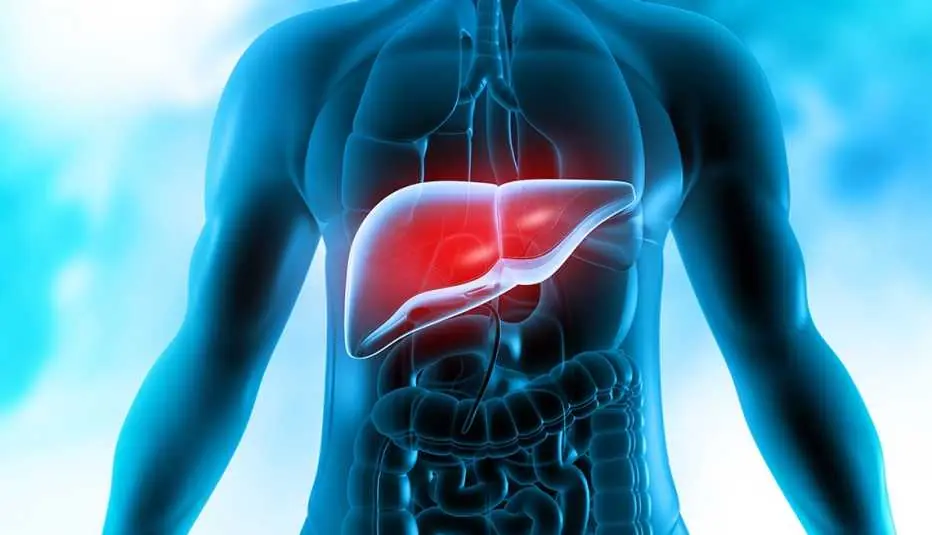
Liver Damage: 12 Warning Signs & How to Naturally Boost Liver Health

High Blood Sugar: 13 Early Warning Signs & 9 Strategies to Regain Control
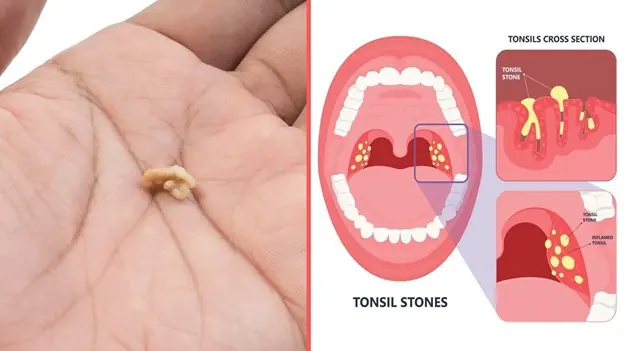
Tonsil Stones: Natural Ways to Remove and Prevent Them

Soothe Ear Infections Naturally: Top Home Remedies for Relief
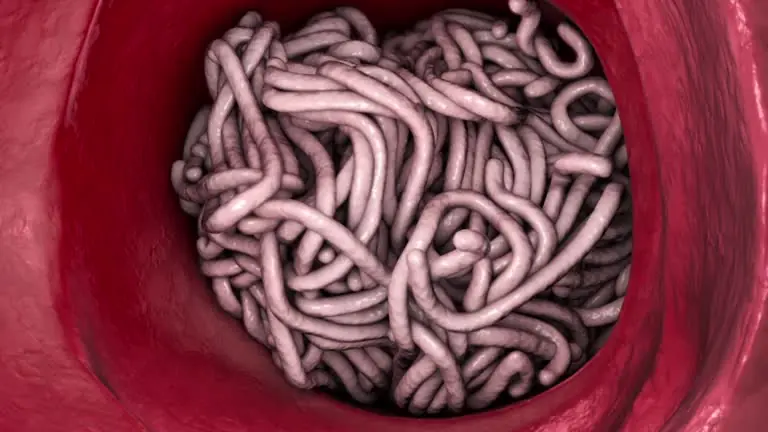
Natural Solutions for Intestinal Worms: Diet, Supplements & Home Remedies
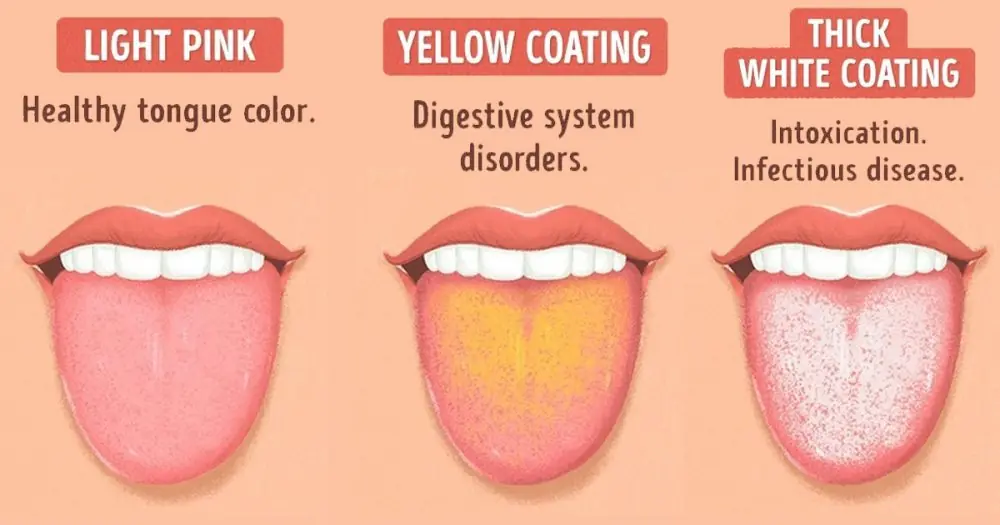
What Your Tongue Can Tell You: 8 Health Clues Written on Your Tongue

5 Groups of People Who Should Never Eat Avocados – No Matter How Much They Crave Them

Diagnosed with Cancer at 40, Soong Mei-ling Lived to 106: Her Secret Was in One Anti-Cancer Vegetable and Three Cheap Drinks from the Market
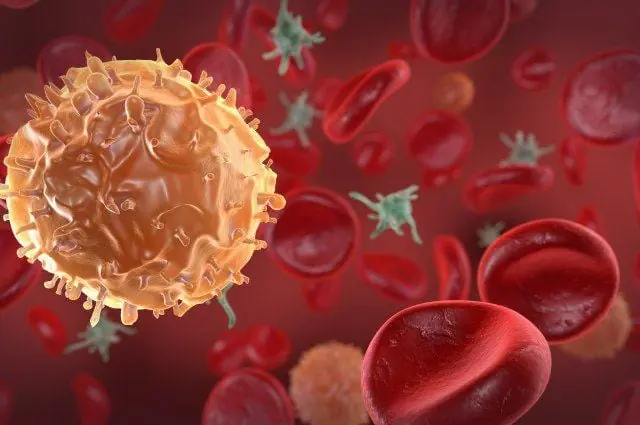
People with Cancer Often Share 3 Common Morning Signs, Especially After Age 40
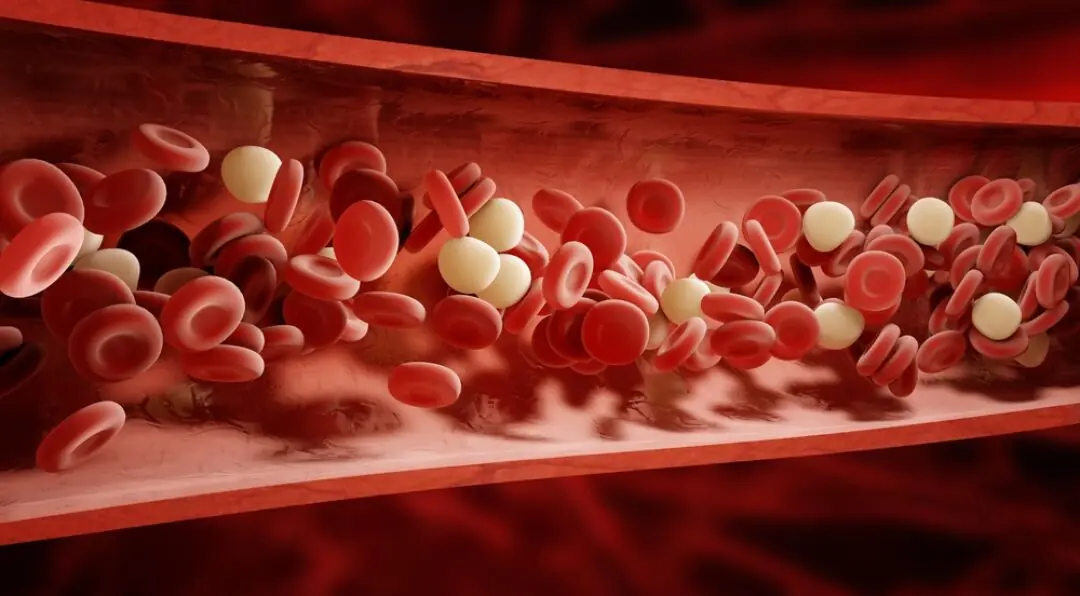
Nature's Anticoagulants: Exploring Foods, Supplements, and Vitamins for Healthier Blood

6 Foods That May Fuel Cancer Growth: What You Need to Know

The Best Scientifically Proven Foods to Cleanse Your Liver

20 subtle cancer symptoms commonly missed

Increased Screen Exposure In Kids Linked to Anxiety, Aggression, and Self-Esteem Issues, Study Says

Researcher Studies Over 200 Kids—Here’s What the Most Emotionally Intelligent Ones Had in Common

Scientists Bioengineer Tooth That ‘Grows’ in Place Like a Natural One And Feels Real

9-year-old dies after dental procedure
News Post
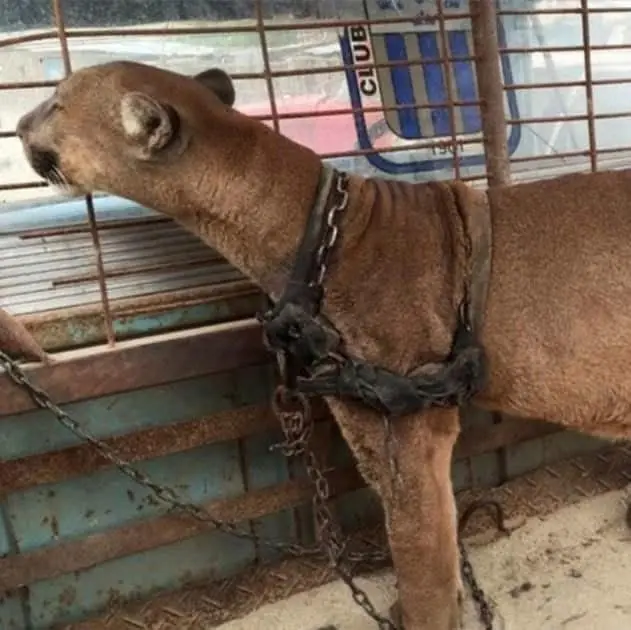
Circus lion was locked up for 20 long years, now watch his reaction when he’s released

The detailed escape story of the Air India crash survivor met with skepticism

For the Cost of an Iphone He made a House of only 89 Squares, but Wait Until you See Inside

A Doctor On TikTok Explains The Risks Of Kissing Dying People

Unleash the Hidden Power of Papaya Seeds: A Tiny Superfood for Big Health Gains

Why Are My Veins Suddenly Bulging and Visible?

Unlock Radiant Skin Naturally: The Powerful Duo of Vaseline and Tomato for Beauty

Liver Damage: 12 Warning Signs & How to Naturally Boost Liver Health

Frozen for 34 Million Years: Lost World Found Beneath Antarctica’s Ice

High Blood Sugar: 13 Early Warning Signs & 9 Strategies to Regain Control

If You're Experiencing PAIN And NUMBNESS In Your Legs, STOP EATING These Foods | Vitality Solutions

The Safest Countries To Be In If World War 3 Begins

Coleus Amboinicus: The Forgotten Herb Every Home Should Know About

Tonsil Stones: Natural Ways to Remove and Prevent Them

The Hidden Power of Lamb’s Quarters: Nature’s Humble Wonder

Soothe Ear Infections Naturally: Top Home Remedies for Relief

Start Your Day Like This—Your Kidneys Will Thank You Later

Natural Solutions for Intestinal Worms: Diet, Supplements & Home Remedies
